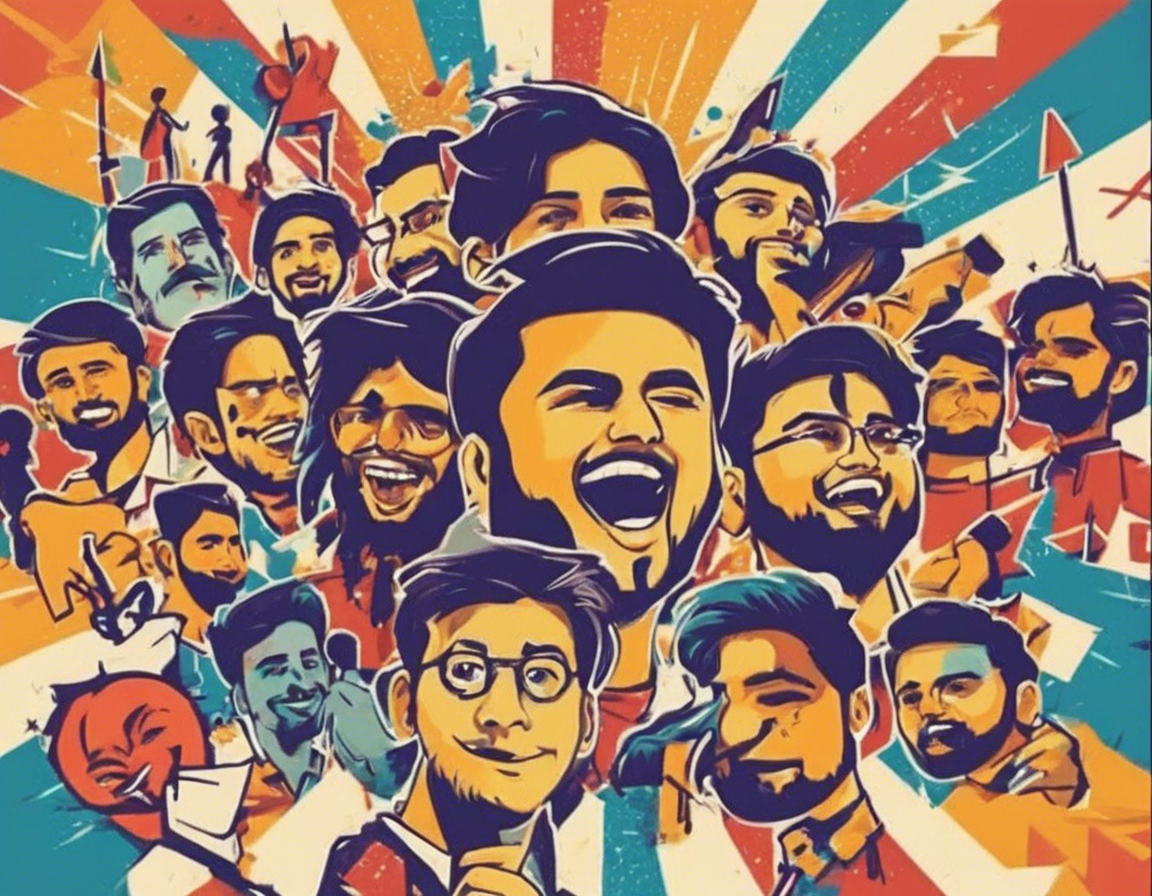Introduction
DUSU Election: The Delhi University Students’ Union (DUSU) elections are one of the most prominent student elections held annually in India. The DUSU election results often grab headlines and highlight the pulse of the student community in Delhi University.
History and Importance
Student Politics in India: Student politics in India has been a significant part of the country’s political landscape. Many prominent political leaders, such as Arun Jaitley and Sitaram Yechury, started their political careers in student unions.
DUSU: The DUSU, established in 1949, serves as the representative body of students in Delhi University. The election results of DUSU have a broader significance beyond the university campus as they often reflect the prevailing political trends and sentiments among the youth.
Key Players and Alliances
ABVP: The Akhil Bharatiya Vidyarthi Parishad (ABVP) is the student wing of the Rashtriya Swayamsevak Sangh (RSS) and the ruling Bharatiya Janata Party (BJP). It has traditionally been a dominant force in DUSU elections.
NSUI: The National Students’ Union of India (NSUI) is the student wing of the Indian National Congress. It has been a prominent challenger to ABVP in DUSU elections.
CYSS-AISA: The Chhatra Yuva Sangharsh Samiti (CYSS) and All India Students’ Association (AISA) alliance was formed in 2015 with the backing of Aam Aadmi Party (AAP) to challenge the dominance of ABVP and NSUI.
Previous Trends and Analysis
ABVP’s Dominance: ABVP has historically been successful in DUSU elections, often winning a majority of the seats. Its strong organizational structure and ideological backing have contributed to its electoral success.
NSUI’s Resurgence: While NSUI has faced setbacks in the past, it has shown signs of resurgence in recent years by winning key positions in DUSU elections.
Impact of National Politics: The DUSU election results are often seen as a barometer of the political climate in the country. A victory for ABVP or NSUI in DUSU elections is interpreted as a reflection of the larger political trends at the national level.
Challenges and Controversies
Violence and Unrest: DUSU elections are often marred by incidents of violence and unrest, leading to disruptions in the academic environment of the university.
Money and Muscle Power: The use of money and muscle power to influence the election outcomes remains a significant challenge in DUSU elections, undermining the democratic process.
Influence of External Forces: Political parties often try to influence DUSU elections to gain a foothold in student politics and expand their support base among the youth.
Future Outlook
Youth Engagement: The DUSU election results underscore the importance of youth engagement in shaping the political discourse and direction of the country.
Role of Student Leaders: Student leaders emerging from DUSU elections play a crucial role in advocating for student rights and representing the interests of the student community.
FAQs
1. What is the eligibility criteria to contest DUSU elections?
To contest DUSU elections, a candidate must be a bonafide student of the University of Delhi and fulfill the eligibility criteria set by the university.
2. How are DUSU election results announced?
The DUSU election results are typically announced through official channels after the completion of the voting process and the counting of votes.
3. Can an independent candidate contest DUSU elections?
Yes, independent candidates can contest DUSU elections without being affiliated with any student political organization.
4. What role do DUSU office-bearers play in the university administration?
DUSU office-bearers represent the student community in various university forums and work towards addressing student issues and concerns within the university administration.
5. Are DUSU elections purely based on student issues or influenced by national politics?
While student issues are central to DUSU elections, national political dynamics and affiliations also play a significant role in shaping the electoral outcomes.
